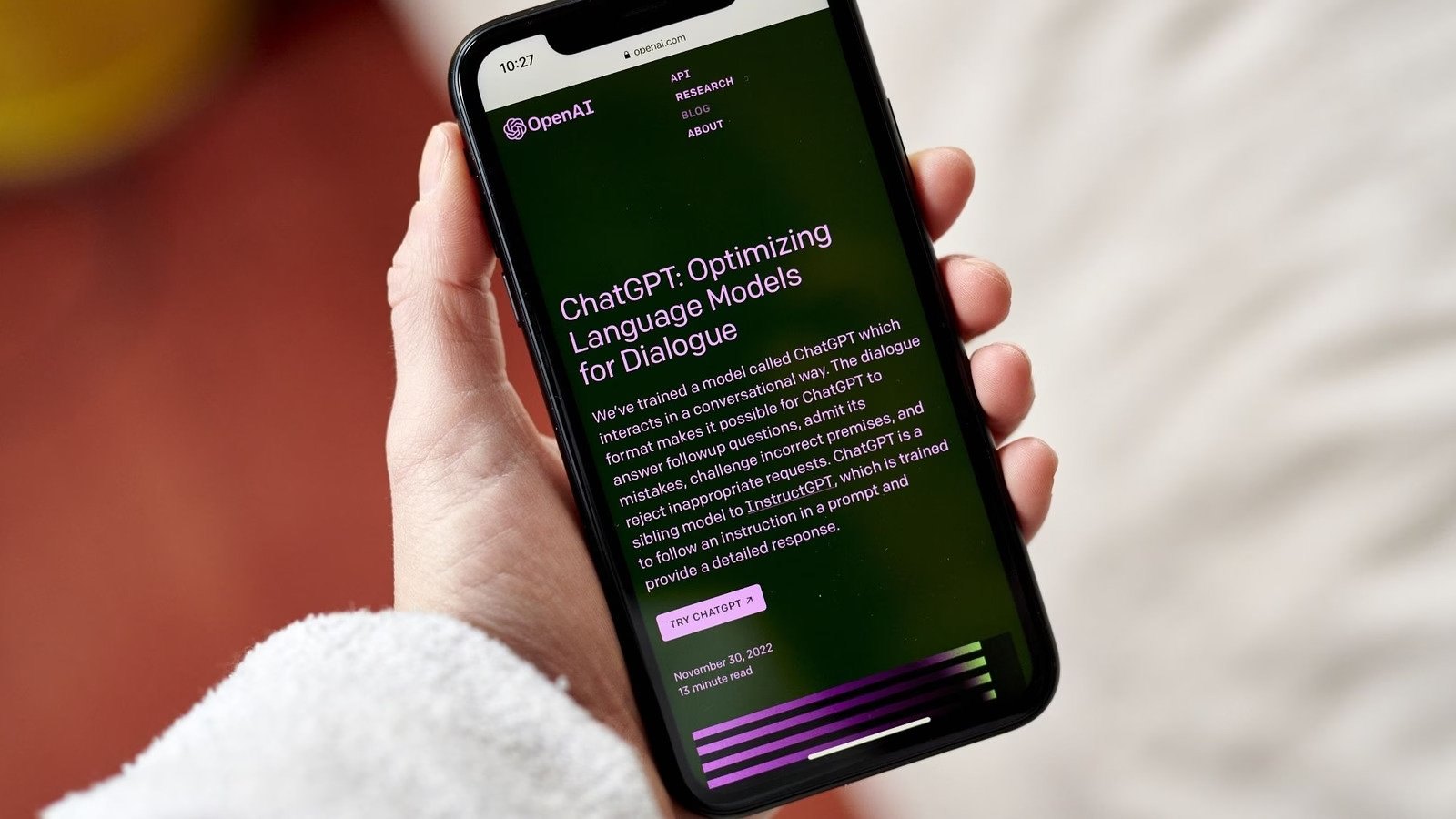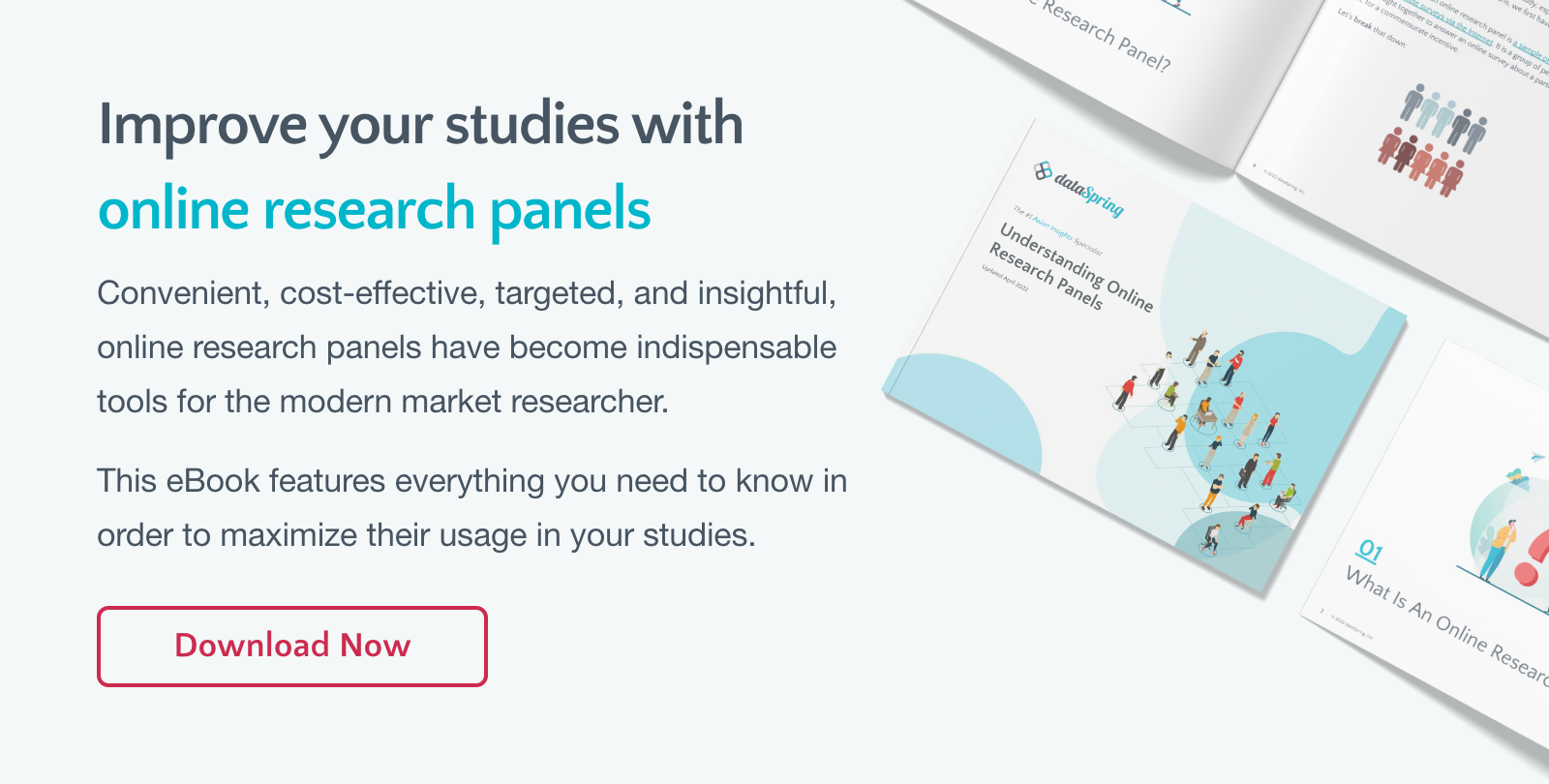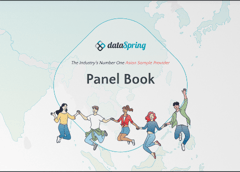 A form of artificial intelligence called generative AI uses deep learning algorithms to produce a variety of content, including text, audio, graphics, and synthetic data. With tools like ChatGPT, GitHub, Copilot, Stable Diffusion, and others having a big influence, this innovation is transforming productivity across industries. Generative AI has enormous potential for market research, but using it effectively and responsibly requires careful planning.
A form of artificial intelligence called generative AI uses deep learning algorithms to produce a variety of content, including text, audio, graphics, and synthetic data. With tools like ChatGPT, GitHub, Copilot, Stable Diffusion, and others having a big influence, this innovation is transforming productivity across industries. Generative AI has enormous potential for market research, but using it effectively and responsibly requires careful planning.
Due to its undeniable and significant influence on the market research field, generative AI has recently become the key focus in the industry. Over the next ten years, generative AI is predicted to grow at a rate of 42% and it is likely to play a significant role in transforming insights more quickly and effectively or automating tasks like reports, which businesses can further develop by utilizing internal knowledge to present answers that link to additional sources for better decision-making. Groundwork is minimized and attention is drawn to complex issues by making it simpler for important company stakeholders to respond to straightforward queries.
According to a recent Greenbook survey of market research professionals, 76% of respondents with backgrounds in client-side, platform, research technology, sample provider, and agency roles believe that generative AI has the potential to increase their company's competitiveness in the market.
The participants identified a wide range of advantages related to efficiency, productivity, creativity, decision-making, and customer management from generative AI, with 'improving efficiency and productivity' having the greatest benefit perception at 53%. Faster data analysis and insight development for participants on the agency side, and less human error on the client side.
The global economy could gain trillions of dollars as a result of this productivity benefit. A recent McKinsey insight estimates that generative AI could add the equivalent of 2.6 trillion to 4.4 trillion USD annually based on 63 use cases in which the technology can address particular business challenges in ways that produce one or more measurable outcomes were analyzed across 16 business functions. to put this into perspective, consider that the United Kingdom's entire GDP in 2021 was 3.1 trillion USD. The impact of incorporating generative AI into software that is utilized for tasks outside of the use cases is estimated to nearly double.
All industry sectors will be substantially influenced by generative AI. Banking, high-tech, and biological sciences would all have the biggest impact on revenue. If the use cases were completely implemented the technology, for instance, could contribute 200 billion to 340 billion USD in value to the banking sector yearly. For retail and consumer packaged goods, the potential impact is also significant at 400 billion to 660 billion USD a year.
Many market research experts are enthusiastic about how generative AI could revolutionize their position and the structure of their firms, but many also feel conflicted about the possibility of losing their employment to automation. Due to their capacity to comprehend natural language, which is necessary for work activities that account for 25% of total work time, generative AI and other technologies have the potential to absorb and automate job tasks that currently take up 60% to 70% of employees' time, likely accelerating the workforce's pace. However, for market research, it is not uncommon for tools and methodologies to go through many changes and there are still certain limits to set in place when using AI.
The use of generative AI in its current stage is not without hazards, as most people are aware, especially for those who work in market research. The data's potential for being unreliable is one fundamental concern. It is statistical, not analytical; hence, it operates by guessing the most likely information to say next. This is primarily owing to its reliance on prompts. However, giving the wrong inquiry could still result in a very persuasive but wrong response. Making crucial business decisions is made more difficult by its capacity to combine true and false information. This is particularly important when dealing with consumer-behavior questions since, while AI systems may provide exact answers, exploring further into human values and emotions frequently calls for a more sophisticated viewpoint. It's important to keep in mind that not every question has a single proper response, and when analyzing large collections of research reports, important nuances might easily be missed.
AI solutions like ChatGPT also have the limitation of only being trained on data as of the end of 2021. As a result, they do not include current events and trends in responses. Concerns about the information's sources persist, mainly because the process of developing algorithms is not transparent. This poses a serious risk because source verification might be difficult, if not impossible, in some circumstances. After all, these tools are unable to identify the source of their replies.
Since generative and other AI algorithms are trained by humans and existing data, answers are also likely to be biased. It could lead to answers that are racist, sexist, or otherwise offensive. This is an example of businesses trying to fight biases in their decision-making and improve the world for consumers that makes their work less productive.
It's critical to remain aware of the risks of utilizing AI tools like ChatGPT for insights teams and professionals managing proprietary research and data. It's crucial to keep up with both the internal data security policies of your company and the policies of service providers like OpenAI. Recent studies by the security company Cyberhaven have revealed that many professionals from many industries have used ChatGPT at work, with some even entering sensitive company information. Due to this, organizations like JP Morgan, Verizon, Accenture, and Amazon have banned employees from using ChatGPT. In fact, while looking into privacy issues, Italy became the first Western nation to outlaw ChatGPT, grabbing the interest of privacy regulators in other European nations.
For organizations, AI offers fascinating prospects as well as inherent concerns. In this constantly shifting environment, there is still a lot of yet to be discovered. Market research professionals could lead the way in ethical experimentation and insight-gathering, ushering in a new era of critical thinking. All stakeholders involved must maintain a healthy level of skepticism and pose the appropriate queries. In order to ensure smooth integration into their operations, organizations must now make important decisions about the use of AI. This starts with a careful examination of the areas where their teams can naturally incorporate these tools. It's crucial to keep in mind that AI serves to enhance talent rather than replace it.
As you navigate this dynamic landscape of AI, dataSpring is your trusted partner. With extensive experience and expertise in panel research, we are dedicated to providing invaluable insights and unwavering support for your research endeavors. Get a Free IR check or Contact us now and let us help you make informed decisions.


 Download Panel Book
Download Panel Book


